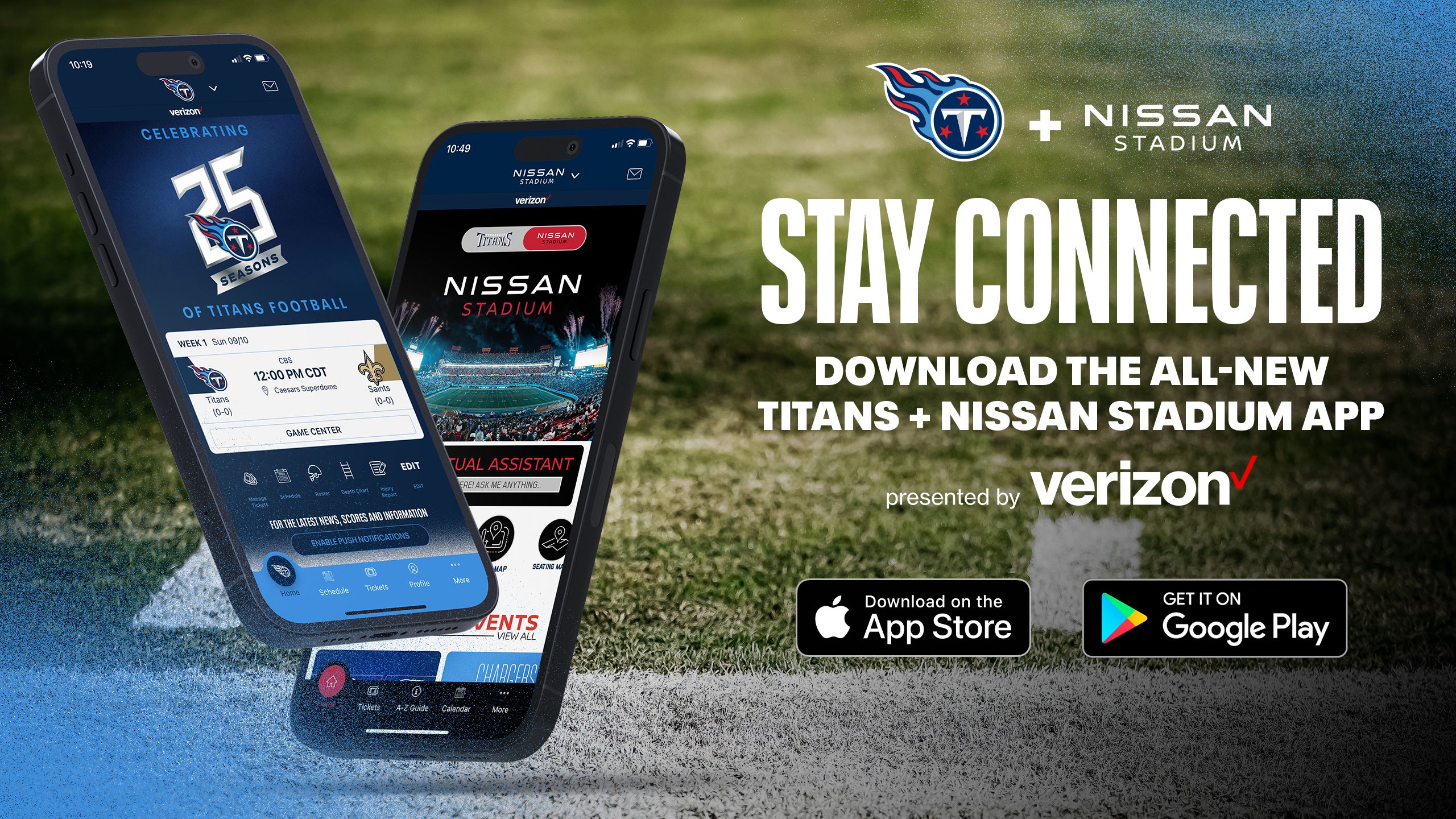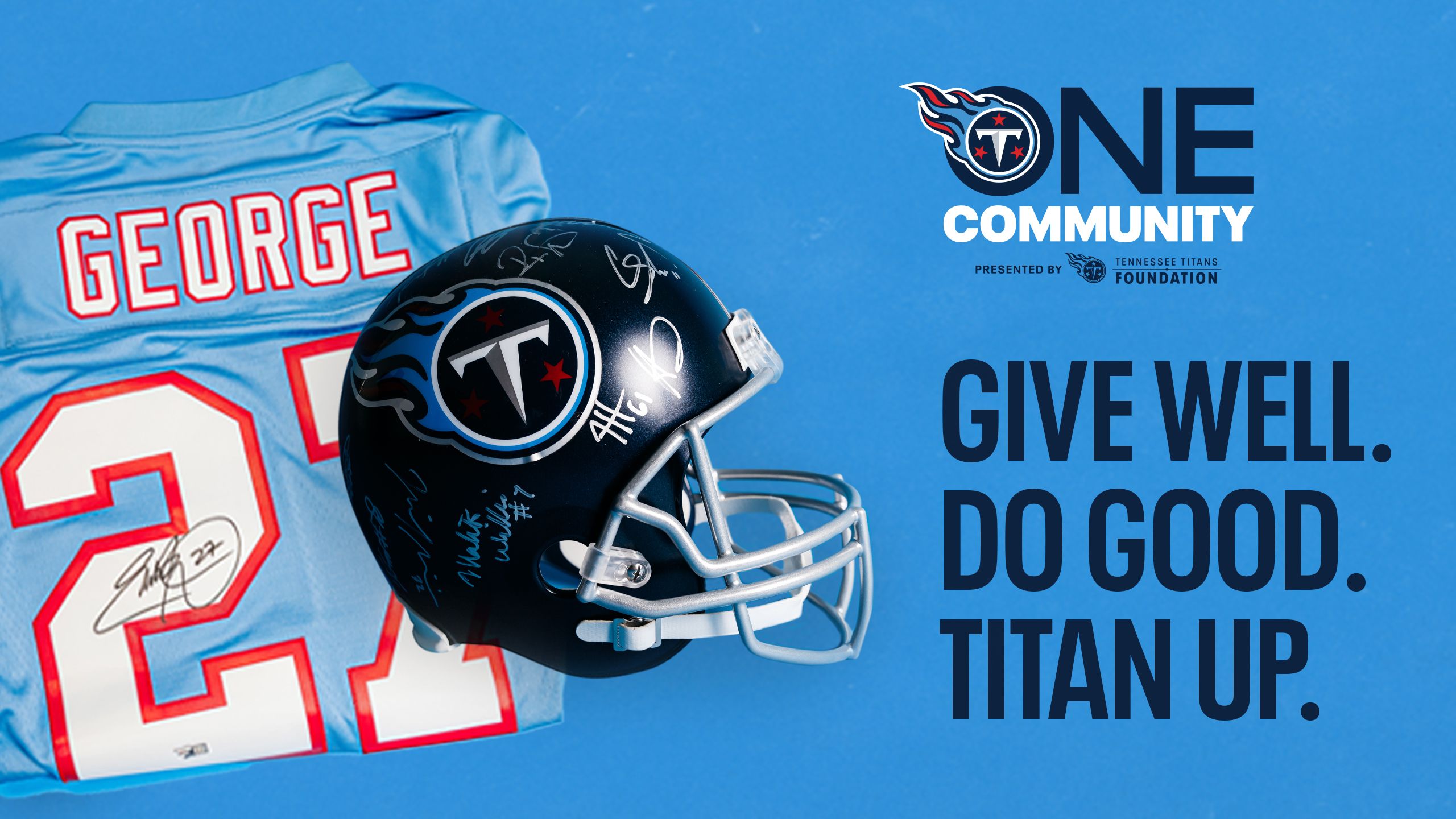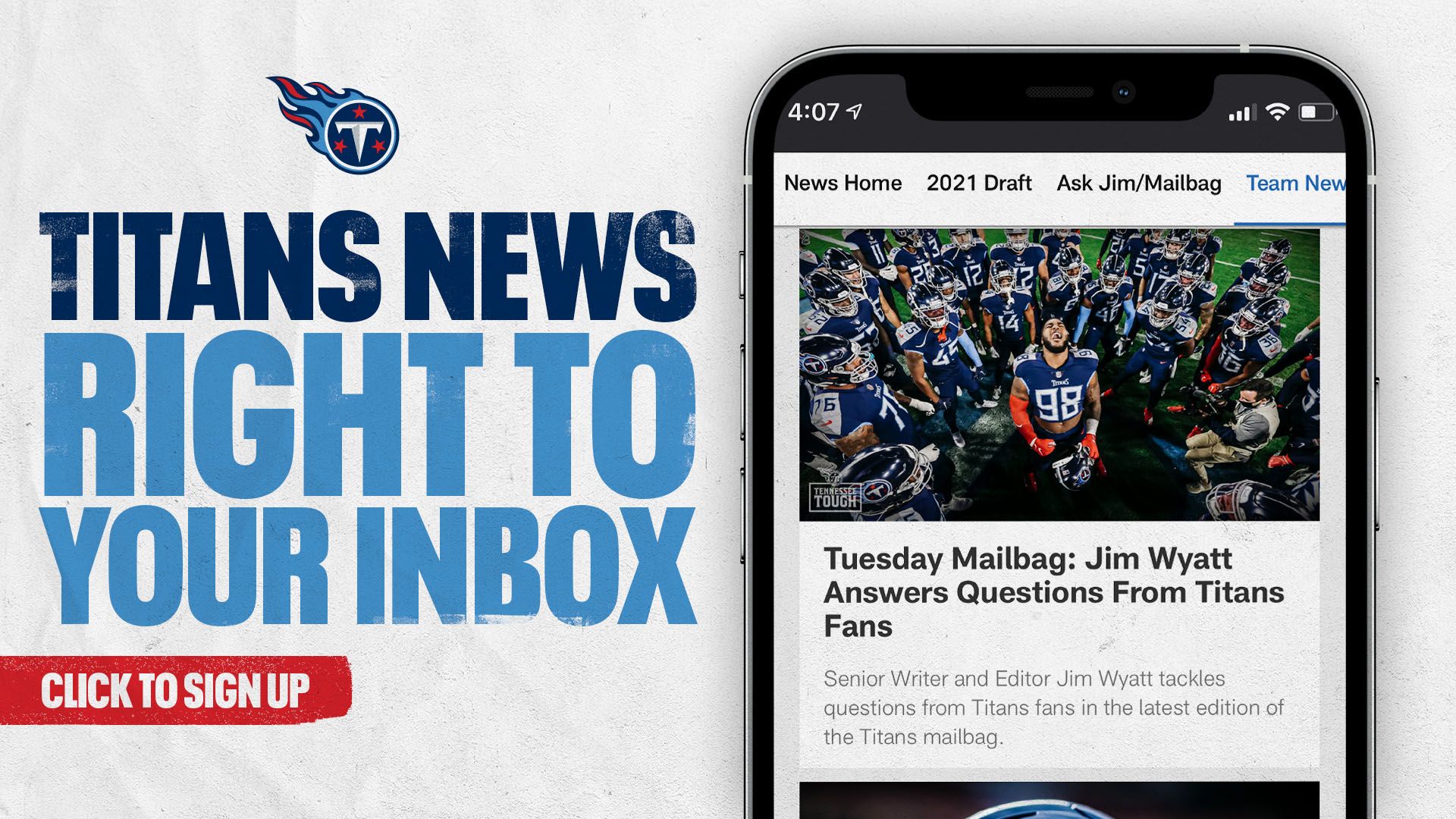**
 |
Most people had not heard of Finnegan when he was drafted in the seventh-round, but after a lot of hard work and a relentless effort to improve his talent, the 2008 first-team All-Pro and Pro Bowl cornerback has definitely made a name for himself.
"The seventh round is the last round, but it's the perfect number. Once I got my foot in the door I knew I had to work hard. I continued to do that, and hard work always pays off," said Finnegan, who has played in every game during his three-year career since being drafted by the Titans, including 36 starts. A 5-10, 188-pound feisty cover corner, Finnegan has displayed the grit and determination big time players have in this league.
C.O. Brocato, the Titans National Supervisor of College Scouting, is entering his 35th season with the club and has scoured the nation searching for the best college athletes to add to the Titans' roster. His take on Finnegan is one of the reasons the Titans selected him. "It was the seventh round, here's a guy that's tough, he can run, he's a good football player for them coming out of Samford. Why let him go as a free agent? If we wouldn't have drafted Finnegan, we probably would not have signed him because everybody was waiting to try to sign him as a free agent."
Most NFL fans do not pay a lot of attention to the late rounds of the NFL Draft. There have been quite a few small school products picked-up late each year that may sound familiar such as former Oilers safety and Hall of Famer Ken Houston (Prairie View A&M, 9th round, 214th overall), Hall of Fame wide receiver Steve Largent (Tulsa University, 4th round, 117th overall), tight end Shannon Sharpe (Savannah State, 7th round, 193rd overall) and current Packers wide receiver Donald Driver (Alcorn State University, 7th round, 213th overall). No matter what the naysayers had to say, these underdogs overcame the doubters.
"Underdog and all that stuff is always going to be in the back of my mind, people telling me I couldn't do it. That's added motivation to get better every year," says Finnegan, who added his name to the list of players who snuck through to the bottom of the draft and made a name for himself.
Finnegan loves to represent his college by proudly wearing Samford University T-shirts and has recently expanded his wardrobe to accommodate T-shirts from other small colleges that are represented by teammates in the locker room. Finnegan says he's "just representing the guys out here working so hard to get in the league from small schools, just want to show some love."
So far, Finnegan has bought T-shirts from Tiffin University (Nate Washington), Washburn University (Cary Williams), Central Arkansas (Jacob Ford) and Montana State (Ken Amato).
Since the 2000 NFL Draft, only three players selected in the seventh round went on to play in a Pro Bowl (long snapper Brian Jennings and wide receiver T. J. Houshmandzadeh). Finnegan, being one of those three represents all of the small college players that are looking to travel the same path. That love he's showing is giving hope to a lot of athletes who want to make the dream of playing in the NFL a reality.
"If you can play, they'll find you…It's a tough road, there's only 53 [roster] spots and you have 80 guys, so may the best man win."
Currently, 30 of the 80 players on the Tennessee Titans roster played college football at a non-BCS school. According to the unofficial depth chart, five of the starting eleven players on offense were drafted from non-BCS schools, including three offensive linemen.
"That doesn't surprise me. Sometimes you're not tall enough or you're not fast enough or you're not big enough and you find a way to make it," said Finnegan, sounding like he knows from experience.
It worked in 2006, why not try again in 2008
Drafting Finnegan from a small college worked out well for the Titans in the 2006 NFL Draft. With that in mind, the Titans selected cornerback Cary Williams with their seventh-round selection (229th overall) in the 2008 NFL Draft. The 6-1, 185-pound cornerback from Washburn University possesses speed and a confidence that he relies on every day.
"I just knew, within myself, that I could play here. I just had the confidence. That is really what I relied on, my confidence and just me taking it one day at a time," said Williams.
Not many Division II players have the fortune of being drafted by an NFL organization. Williams knows he's one of the fortunate ones, explaining, "My father always taught me to really work hard and whatever I do always give it 110 percent."
That hard work has allowed Williams to compete and learn from an experienced Titans secondary.
Williams spent time at Fordham University before transferring to Division II Washburn. With only one NFL scout on hand at Washburn's pro day, the University of Kansas allowed him to participate in their pro day to increase his chances for notoriety. During his pro day, Williams impressed scouts with a 4.43-second 40-yard dash and drew favorable athletic comparison to another player at the workout, former Jayhawks cornerback Aqib Talib, a first-round selection of the Tampa Bay Buccaneers in the 2008 NFL Draft. That move paid off as the Titans selected Williams their final pick last season.
The main difference for Williams coming in from a Division II school to his first training camp was the tempo on the field. "The speed of the game is way different and the talent level is different…Everybody out here is fast and everybody has top end speed and those great moves," said Williams.
Williams never felt he was at a disadvantage coming from a Division II school to the NFL. "I don't feel like I had anything to prove," he said. "I just wanted to show my talent and show that I belonged here and I had the ability to play here. Just because I was a Division II school guy, I still had big play potential and game day potential. I can be here on this level."

















